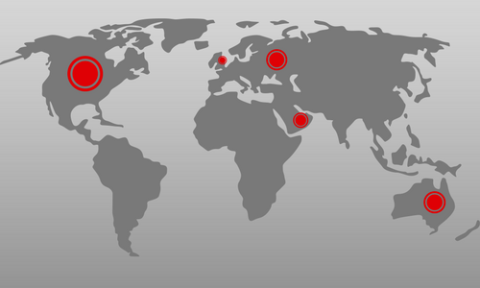What causes CF?
The mutated gene that causes CF encodes a chloride channel called the Cystic Fibrosis Transmembrane Conductance Regulator (CFTR). Defects in CFTR result in a deficiency of cAMP-stimulated chloride conductance in epithelial cells at mucosal surfaces, which leads to the dehydrated mucous secretions that are viscous and difficult to clear. Abnormal secretions lead to profound tissue inflammation, bacterial colonization, and pulmonary infection.
What does CF do?
CF affects most exocrine glands, notably the pancreas, and other epithelia such as the intestine, liver and bile duct. However, most morbidity and mortality results from a defect in airway mucociliary clearance, which leads to cycles of bacterial infection, chronic inflammation, fibrosis, and a decline in pulmonary function. Despite improved antibiotics, enzyme supplements and clinical care, there is no effective treatment for this disease for most patients.
What can I do to help?
The CFTRc not only conducts research on curing CF, but also participates in a number of fundraising and awareness campaigns throughout the year such as the Carstar Walk to Make Cystic Fibrosis History in association with Cystic Fibrosis Canada and Fibrose kystique Québec and the Cystic Fibrosis Symposium. Look through the website to see what Events you can participate in, Contact Us, or visit our Publications page to see the most recent update on our research.




